






5-Star Service, Trusted & Loved by Hundreds
Your Appraiser Search Ends Here
Your Appraiser Search Ends Here
.avif)

Nationwide Coverage – Appraisals Anywhere in the US

Get it done Onsite or Online

Any Asset, Covered

Defensible for Any Purpose
Frequently Asked
Questions
No Frequently Asked Questions Found.
At its core, M&A encompasses two primary transaction types: mergers, where two companies combine to create a new unified entity, and acquisitions, where one company purchases another. These transactions are driven by sophisticated strategic objectives that extend beyond simple financial transactions.
Mergers can occur across multiple dimensions, including horizontal alignments within the same industry, vertical integrations across supply chain stages, and even conglomerate combinations across unrelated business sectors. Each merger type serves distinct strategic purposes, from increasing market share to diversifying operational capabilities.
Acquisitions similarly offer nuanced approaches, ranging from friendly transactions negotiated with mutual consent to more aggressive hostile takeovers. These strategies allow companies to rapidly expand capabilities, enter new markets, and access specialized resources without undertaking lengthy internal development processes.
The underlying motivations for M&A are multifaceted. Companies pursue these strategies to accelerate growth, mitigate market risks, access new technologies, consolidate competitive positions, and create enhanced shareholder value. Successful transactions require meticulous financial analysis, strategic alignment, and comprehensive due diligence.
While these corporate transformations can generate substantial opportunities, they also present complex challenges. Cultural integration, operational alignment, and maintaining organizational momentum represent critical considerations that determine long-term success. Businesses must carefully evaluate potential synergies and potential disruptions throughout the M&A process.
An appraisal during M&A serves as a comprehensive financial diagnostic tool, offering multifaceted benefits that extend far beyond a simple price tag. It provides a nuanced, objective assessment that illuminates the intrinsic and potential value of business entities, enabling informed decision-making across multiple dimensions.
The primary function of an M&A appraisal is to establish a precise, defensible valuation that serves as a foundation for negotiations. This valuation goes beyond surface-level financial metrics, delving into intricate aspects of company performance, market positioning, asset quality, and future growth potential.
For stakeholders, an independent appraisal delivers transparency and credibility. It offers a comprehensive view that helps shareholders, board members, and potential investors understand the strategic rationale and financial justification of the proposed transaction. The appraisal acts as an impartial arbiter, mitigating potential conflicts and ensuring equitable treatment of all parties involved.
Financial reporting requirements further underscore the importance of a rigorous appraisal. Companies must meticulously document transaction details, including asset valuations, goodwill calculations, and potential liabilities. A professional appraisal ensures compliance with complex accounting standards and regulatory guidelines.
Tax considerations represent another critical dimension of M&A appraisals. Different transaction structures carry varied tax implications, and a detailed valuation can help organizations optimize their tax strategy, potentially identifying significant financial advantages or mitigating potential liabilities.
During due diligence, an appraisal serves as a comprehensive investigative tool. It helps uncover hidden value, potential risks, and strategic opportunities that might not be immediately apparent. This deep-dive analysis supports more informed decision-making and robust risk management strategies.
In scenarios where post-transaction disputes emerge, a well-documented appraisal becomes an authoritative reference point. Its detailed methodology and comprehensive analysis can provide clarity and serve as crucial evidence in potential legal or financial disagreements.
Ultimately, an M&A appraisal transcends mere numerical calculation. It represents a strategic instrument that guides organizational transformation, supports critical decision-making, and provides a holistic understanding of business value in an increasingly complex corporate landscape.
The process involves a systematic approach that considers multiple critical factors. Appraisers carefully evaluate each piece of equipment, examining its technological specifications, current market conditions, physical condition, and potential functional utility. They analyze the equipment's age, technological relevance, operational status, and overall performance capabilities to generate an accurate valuation.
Key considerations during the appraisal include detailed documentation of the equipment's make, model, serial number, and maintenance history. Appraisers conduct thorough market research to understand current demand, technological trends, and comparable sales in the scientific equipment marketplace. They assess the equipment's condition through rigorous inspection, determining its operational integrity and potential remaining useful life.
Multiple valuation methodologies may be employed, including cost approach, sales comparison, and income-based strategies. These techniques allow for a comprehensive assessment that considers replacement costs, current market values, and potential revenue generation capabilities.
Professional lab equipment appraisals serve critical functions across various sectors, including research institutions, pharmaceutical companies, educational facilities, and biotechnology organizations. They provide essential insights for financial reporting, strategic planning, insurance documentation, and potential transaction considerations.
The true value of a professional appraisal lies not just in generating a number, but in offering a comprehensive understanding of scientific assets that supports informed decision-making and strategic asset management.
Appraisers can now collect detailed information through multiple digital channels, including high-resolution photographs, comprehensive documentation, and interactive video consultations. This approach is particularly advantageous for stationary or complex equipment that may be challenging to relocate or physically inspect.
Advanced digital methods allow professionals to thoroughly examine equipment specifications, condition, age, and market value with remarkable precision. Live video conferencing platforms enable real-time interactions, where appraisers can conduct detailed visual assessments and ask targeted questions about the equipment's history and functionality.
The digital appraisal process offers significant benefits for laboratories, research institutions, and businesses with equipment distributed across multiple locations. By minimizing logistical constraints, these online approaches provide flexibility, reduce assessment time, and maintain the highest standards of professional evaluation.
Qualified appraisers utilize sophisticated techniques to ensure accurate valuations that reflect current market conditions, technological relevance, and specific equipment characteristics. Their expertise guarantees a comprehensive and reliable assessment that meets professional industry standards.
General lab equipment appraisers maintain broad competencies, capable of evaluating diverse instruments ranging from basic microscopes to sophisticated analytical equipment. Their comprehensive understanding allows them to provide holistic assessments that consider technological complexity, market demand, and current operational condition.
Specialized appraisers delve into specific scientific domains, developing nuanced expertise in particular equipment categories. Medical diagnostics, biotechnology, pharmaceutical research, and industrial quality control represent key areas where these professionals demonstrate exceptional technical acumen. Their targeted knowledge enables precise valuations that account for intricate technological specifications and industry-specific performance standards.
Industrial and regulatory-focused appraisers bring additional layers of complexity to equipment assessment. They integrate deep understanding of compliance requirements, safety standards, and operational protocols into their valuation methodologies. For organizations operating in highly regulated environments, these professionals provide critical insights that extend beyond monetary value.
Forensic equipment appraisers occupy a unique niche, understanding the specialized requirements of investigative laboratories. Their assessments consider not just monetary value, but also critical factors like evidentiary integrity, precision instrumentation, and specialized technological capabilities.
Each appraiser type contributes distinctive perspectives, ensuring comprehensive and accurate equipment valuations that support strategic decision-making across scientific and industrial sectors.
Financial clarity stands as a primary benefit of professional equipment assessment. Precise valuations enable accurate financial reporting, support tax compliance, and provide critical documentation for insurance purposes. Organizations can optimize their asset management strategies by understanding the true market value and depreciation trajectory of their scientific instrumentation.
Equipment appraisals become particularly crucial during significant business transitions such as mergers, acquisitions, or strategic equipment sales. They offer an objective, professionally validated perspective on asset worth, facilitating transparent negotiations and informed decision-making. For research institutions and corporate laboratories, this means maintaining financial integrity while supporting strategic planning.
Insurance and risk management represent another vital consideration. Accurate equipment valuations ensure appropriate coverage levels, protecting organizations from potential underinsurance or unnecessary premium expenditures. In scenarios of loss or damage, a credible appraisal expedites claims processes and supports fair compensation.
Legal scenarios also benefit significantly from professional equipment assessments. Whether addressing estate planning, partnership dissolutions, or asset divisions, a meticulously documented appraisal provides an impartial benchmark for determining equipment value.
Beyond immediate financial implications, equipment appraisals offer strategic insights into technological infrastructure. They help organizations understand depreciation patterns, plan capital expenditures, and make informed decisions about equipment upgrades or replacements.
Ultimately, a comprehensive lab equipment appraisal transcends simple monetary evaluation. It represents a strategic tool that empowers organizations to make data-driven decisions, maintain financial transparency, and optimize their technological investments.
What Makes Lab Equipment Appraisal Critical in M&A Transactions?
In mergers and acquisitions (M&A) transactions, accurate valuations of lab equipment are critical for informed decision-making. The significance of comprehensive equipment appraisals extends across multiple strategic dimensions:
Financial Investment Protection
- Lab equipment represents a substantial financial asset
- Objective appraisals ensure fair market value assessment
- Prevents overpaying or undervaluing critical research resources
Transparency and Risk Mitigation
- Comprehensive reports detail equipment condition and operational efficiency
- Reduces risks associated with hidden defects
- Builds trust between transacting parties
Technology and Market Adaptability
- Addresses rapid technological evolution in laboratory environments
- Accounts for shifting market demands and regulatory changes
- Provides up-to-date asset valuation insights
Strategic Integration Capabilities
- Identifies equipment strengths and potential capability gaps
- Facilitates more effective post-merger integration planning
- Enables strategic alignment of research and operational resources
Regulatory Compliance Assurance
- Validates equipment adherence to industry standards
- Reduces potential legal complications
- Ensures comprehensive due diligence during M&A processes
Lab equipment appraisals are fundamentally essential in navigating complex M&A transactions, providing crucial insights that drive informed decision-making and successful organizational integration.
Why Precision Matters: The Importance of Accurate Lab Equipment Valuation
Accurate lab equipment valuation is crucial during mergers and acquisitions (M&A) for several essential reasons. Understanding the fair market value of laboratory assets can significantly influence purchase agreements and overall transaction prices.
Key Factors in Lab Equipment Valuation
- Financial Impact: Precise valuation protects both buyers and sellers from potential financial missteps
- Comprehensive Assessment: Considers multiple critical factors including:
- Brand reputation
- Equipment condition
- Market demand
- Asset age
Critical Considerations in Precision Valuation
- Regulatory Compliance
Rigorous auditing of tangible assets helps ensure adherence to legal guidelines and reduces post-transaction liability risks - Market Dynamics
Laboratory equipment is subject to ongoing depreciation and market fluctuations, requiring expert assessment - Specialized Equipment Evaluation
Professional appraisers can accurately assess unique or cutting-edge technological assets that may lack standardized market values
Strategic Importance of Accurate Valuation
Precision in lab equipment appraisal transcends procedural requirements—it represents a strategic approach that enables informed decision-making and strengthens the integrity of M&A transactions. By prioritizing meticulous valuation, stakeholders can confidently navigate acquisition complexities and maximize potential value.
Navigating the Complex Landscape of Lab Equipment Value Determinants
Understanding Critical Value Determinants for Lab Equipment
In mergers and acquisitions (M&A), accurately assessing lab equipment value requires a comprehensive understanding of multiple interconnected factors. These determinants provide critical insights for strategic decision-making and financial valuation.
Key Factors Influencing Lab Equipment Valuation
- Equipment Condition and Age
- Newer devices typically command higher prices due to advanced technology
- Equipment age directly impacts reliability and performance
- Regular maintenance can preserve and potentially enhance resale value
- Physical condition represents a critical assessment metric
- Market Demand Dynamics
- Scientific and technological innovations continuously reshape equipment value
- Emerging research trends can rapidly influence equipment desirability
- Some specialized instruments maintain consistent market demand
- Rapid technological progression can accelerate equipment depreciation
- Regulatory Compliance Standards
- Equipment meeting FDA and ISO regulations commands premium value
- Compliance indicates reliability and operational safety
- Non-compliant equipment may require costly upgrades or replacement
- Certification status significantly influences market attractiveness
- Comprehensive Replacement Cost Analysis
- Original purchase price provides fundamental valuation context
- Current replacement costs offer realistic market positioning
- Technological advancements impact replacement value calculations
- Consider depreciation and potential future investment requirements
- Technological Evolution Considerations
- Rapid scientific advancements continuously reshape equipment relevance
- Cutting-edge technologies can quickly diminish older equipment's value
- Tracking industry innovation patterns enables more accurate appraisals
- Understanding technological lifecycle helps predict potential depreciation
Navigating these complex value determinants empowers businesses to make sophisticated, data-driven decisions during mergers and acquisitions, ensuring comprehensive and accurate lab asset valuations.
Essential Lab Equipment Categories for Merger Evaluations
Essential Lab Equipment Categories for Merger Evaluations
When conducting mergers and acquisitions, understanding the value of lab equipment is crucial for accurate financial assessments. This is particularly important in sectors such as pharmaceuticals, biotechnology, and research institutions, where specialized equipment can significantly impact operational capabilities and market value.
Key Equipment Categories for Comprehensive Appraisal
- Analytical Instruments
- Critical for precise testing and measurement
- Includes spectrophotometers, chromatographs, and mass spectrometers
- Directly influences research accuracy and product development potential
- Biological Safety Cabinets
- Essential for ensuring researcher and environmental safety
- Key evaluation factors:
- Age and current condition
- Regulatory compliance
- Operational capabilities
- Refrigeration and Freezing Units
- Critical for preserving biological samples and sensitive materials
- Appraisal considerations:
- Temperature accuracy
- Energy efficiency
- Storage capacity
- Centrifuges
- Specialized equipment for fluid separation
- Evaluation criteria:
- Speed ranges
- Maintenance history
- Specific laboratory applications
- Microscopes
- Fundamental instruments across scientific disciplines
- Appraisal focus:
- Current technological capabilities
- Condition and performance
- Specific research applications
- Laboratory Furniture and Fixtures
- Support overall laboratory functionality
- Includes workbenches, storage units, and fume hoods
- Assessment factors:
- Condition
- Compliance with current safety regulations
- Workspace efficiency
A comprehensive evaluation of these equipment categories provides stakeholders with a nuanced understanding of a laboratory's current value and future potential. This detailed approach ensures more informed decision-making during merger and acquisition processes.
Inside the Appraisal Process: A Step-by-Step Guide to Comprehensive Valuation
Navigating the Lab Equipment Appraisal Process: A Comprehensive Methodology
The appraisal process for lab equipment in mergers and acquisitions is a critical procedure that determines the precise fair market value of scientific assets. This meticulous approach ensures stakeholders gain comprehensive insights into equipment valuation.
Step 1: Initial Consultation
- Gather critical equipment information, including:
- Manufacturer details
- Precise model numbers
- Complete usage history
- Understand contextual factors:
- Specific appraisal purpose
- Relevant business sector
- Unique equipment characteristics
Step 2: Comprehensive Research and Data Collection
- Conduct extensive market research, including:
- Comparable equipment sales analysis
- Current market trends evaluation
- Economic condition assessment
- Review industry-specific guidelines
- Engage with industry professionals:
- Manufacturers
- Equipment suppliers
- Technical experts
Step 3: Detailed Physical Inspection
- Comprehensive equipment evaluation:
- Condition assessment
- Functionality verification
- Modification documentation
- Technical documentation:
- Serial number recording
- Operational performance testing
- Photographic evidence collection
Step 4: Strategic Valuation Approach
Professional appraisers utilize three primary valuation methods:
- Cost Approach: Evaluating replacement or reproduction costs
- Market Approach: Comparing similar equipment sales
- Income Approach: Assessing potential revenue generation
Experts select the most appropriate method based on specific asset characteristics and appraisal objectives.
Step 5: Comprehensive Report Compilation
- Detailed report components:
- Explicit valuation methodology
- Comprehensive market data
- Definitive appraisal conclusion
- Key report purposes:
- Provide transparency
- Instill stakeholder confidence
- Support strategic decision-making
By understanding each intricate step of the appraisal process, organizations can effectively navigate the complexities of equipment valuation during mergers and acquisitions, ensuring accurate and reliable asset assessment.
Choosing the Right Expert: Criteria for Selecting a Lab Equipment Appraiser
Selecting the Right Lab Equipment Appraiser: Key Considerations
Choosing a qualified lab equipment appraiser requires careful evaluation across multiple critical dimensions. The right expert can significantly impact the accuracy and reliability of your equipment valuation during mergers and acquisitions.
Essential Selection Criteria
- Industry Experience
- Seek appraisers with comprehensive experience in lab equipment valuation
- Prioritize experts familiar with diverse equipment types, including:
- Analytical instruments
- Biotechnology apparatus
- Specialized scientific tools
- Look for professionals with direct laboratory or scientific industry background
- Professional Credentials
- Verify appraiser's qualifications from recognized professional organizations
- Key certifications to consider:
- Certified Equipment Appraiser (CEA)
- Relevant industry-specific accreditations
- Ensure commitment to ethical standards and professional development
- Valuation Methodology
- Request detailed explanation of valuation approach
- Comprehensive assessment should include:
- Equipment condition
- Current market demand
- Age and depreciation
- Replacement costs
- Seek transparency in calculation processes
- Professional Reputation
- Investigate past client references
- Review independent testimonials and feedback
- Assess track record of:
- Reliability
- Professionalism
- Accuracy
- Regulatory Expertise
- Confirm comprehensive understanding of industry-specific regulations
- Ensure appraisal meets legal and operational requirements
- Demonstrate knowledge of compliance standards
- Technological Capabilities
- Evaluate use of advanced valuation technologies
- Look for:
- Sophisticated data analysis tools
- Modern appraisal software
- Comprehensive reporting capabilities
By carefully evaluating these critical factors, you can select an exceptional lab equipment appraiser who will provide accurate, reliable, and thorough valuation services tailored to your specific needs.
Compliance and Regulations: Protecting Your M&A Investment
The Critical Role of Compliance in Laboratory Equipment Valuation
In mergers and acquisitions (M&A), compliance and regulatory adherence are fundamental to protecting investment value and ensuring accurate equipment assessment. Understanding the complex regulatory landscape is essential for successful laboratory equipment transactions.
Key Regulatory Considerations
- Different lab equipment may be subject to multiple regulatory standards
- Compliance impacts equipment valuation and marketability
- Regulatory agencies like FDA, EPA, and OSHA provide critical oversight
Comprehensive Compliance Assessment
A thorough appraisal process must include detailed review of:
- Maintenance logs and certification records
- Safety regulation adherence
- Environmental compliance documentation
- Operational status verification
Potential Compliance Risks
Non-compliance can result in significant financial and operational consequences, including:
- Substantial regulatory fines
- Decreased equipment market value
- Potential legal liabilities
- Reduced attractiveness to potential buyers
Intellectual Property Considerations
Beyond physical equipment, compliance assessment must also evaluate:
- Proprietary technology rights
- Software licensing agreements
- Technological innovation protection
Strategic Benefits of Comprehensive Compliance Review
A robust compliance-focused appraisal process offers critical advantages:
- Mitigates transactional risks
- Enhances investment credibility
- Facilitates smoother asset integration
- Builds trust between transacting parties
Comprehensive compliance evaluation is not just a regulatory requirement—it's a strategic approach to protecting and maximizing the value of laboratory equipment during mergers and acquisitions.
Valuation Strategies: Comparing Market and Cost Approaches
When it comes to lab equipment appraisal for mergers and acquisitions, understanding valuation strategies is crucial. Two predominant methods often used are the market approach and the cost approach, each offering unique insights into equipment valuation.
Market Approach: Comparative Valuation
The market approach relies on the principle of substitution, asserting that a buyer should not pay more for equipment than the cost of acquiring a comparable item in the market.
Key Characteristics:
- Researches recent sales of similar lab equipment
- Considers factors like:
- Equipment age
- Current condition
- Technological advancements
Advantages:
- Reflects current market conditions
- Provides accurate market benchmarks
- Offers practical, real-world valuation insights
Limitations:
- Challenging to find comparable sales data
- Difficult for specialized or unique equipment
Cost Approach: Replacement Value Estimation
The cost approach focuses on the actual expenses required to replace the equipment, accounting for depreciation and total replacement costs.
Key Characteristics:
- Estimates replacement cost from scratch
- Includes calculations for:
- Material costs
- Labor expenses
- Overhead expenditures
Advantages:
- Useful when market data is limited
- Ideal for highly specialized equipment
- Quantifies intrinsic equipment value
Limitations:
- May not fully capture external economic factors
- Can overlook market perception nuances
Comprehensive Valuation Strategy
In many cases, employing both approaches provides a more comprehensive valuation. By combining market dynamics with intrinsic cost-related insights, appraisers can develop a more robust and accurate assessment.
The ultimate approach depends on the equipment's unique characteristics and the specific context of the merger or acquisition. Leveraging professional expertise ensures a credible and reliable appraisal outcome.
Success Stories: How Precise Equipment Appraisal Transforms M&A Outcomes
Transforming M&A Outcomes Through Precise Equipment Appraisal
In the complex world of mergers and acquisitions (M&A), lab equipment valuation is a critical factor that can dramatically influence negotiation processes and strategic decision-making. Precise equipment appraisal serves as a strategic cornerstone, providing clarity and confidence for all stakeholders involved.
Key Benefits of Precise Lab Equipment Appraisal
- Enhanced Transparency
A meticulous appraisal creates unprecedented clarity by:
- Accurately documenting equipment condition and value
- Mitigating risks of overvaluation or undervaluation
- Building trust between buyers and sellers
- Strategic Financial Planning
Comprehensive valuation supports critical M&A decision-making through:
- Guiding offer structures and negotiations
- Helping prioritize asset retention or divestment
- Aligning equipment value with broader business strategies
- Uncovering Hidden Asset Value
Expert appraisers can identify nuanced equipment worth by:
- Recognizing specialized tools and machinery
- Highlighting underappreciated technical assets
- Potentially increasing overall transaction value
- Regulatory and Compliance Assurance
Precise appraisals provide crucial support through:
- Accurate financial reporting
- Facilitating smoother due diligence processes
- Preventing potential future disputes
The Strategic Advantage
Investing in a comprehensive lab equipment appraisal transcends mere valuation—it represents a strategic approach to understanding and maximizing the potential of scientific assets. By providing clear, defensible valuations, organizations can transform M&A transactions from potential challenges into opportunities for growth and innovation.
Overcoming Challenges in Lab Equipment Assessment
Navigating Complex Lab Equipment Appraisal Challenges
In the dynamic world of mergers and acquisitions, lab equipment appraisal requires a sophisticated and nuanced approach. Several critical challenges demand careful consideration and expert analysis.
Diverse Equipment Complexity
- Each lab equipment type presents unique valuation challenges
- Varying functionality across biotechnology, pharmaceutical, and research domains
- Comprehensive assessment requires understanding:
- Physical condition
- Technological sophistication
- Operational utility for potential buyers
Market Volatility Factors
Critical market dynamics significantly impact equipment valuation:
- Rapid technological advancements
- Regulatory landscape shifts
- Evolving industry demand patterns
- Potential future technological transformations
Documentation and Historical Integrity
Comprehensive equipment assessment hinges on thorough documentation, which often presents significant challenges:
- Inconsistent record-keeping in laboratory environments
- Potential gaps in maintenance and upgrade histories
- Uncertainty surrounding equipment's remaining operational lifespan
Strategic Mitigation Approaches
Addressing these complex challenges requires a multifaceted strategy:
- Engage appraisers with specialized scientific and technical backgrounds
- Conduct rigorous physical inspections
- Maintain open communication with current equipment owners
- Incorporate comprehensive market trend analysis
The Importance of Specialized Expertise
Successful lab equipment appraisal demands more than surface-level evaluation. Professionals with deep industry knowledge can:
- Interpret specialized certifications accurately
- Understand regulatory compliance nuances
- Assess equipment's strategic value beyond immediate monetary worth
By recognizing and systematically addressing these challenges, organizations can ensure more accurate and strategic equipment valuations during mergers and acquisitions.
Preparing for Excellence: Key Strategies for Successful Lab Equipment Appraisal
Comprehensive Strategies for Successful Lab Equipment Appraisal
Navigating lab equipment appraisal during mergers and acquisitions requires a strategic and meticulous approach. The following key strategies will help organizations conduct thorough and accurate valuations:
1. Establish Clear Appraisal Objectives
- Define precise goals for the equipment valuation
- Identify specific purposes: financial reporting, tax planning, or strategic decision-making
- Recognize that different objectives may require unique valuation methodologies
2. Conduct Comprehensive Equipment Inventory
- Create a detailed catalog of all laboratory equipment
- Document critical information:
- Equipment age and current condition
- Technical specifications
- Certification status
- Complete usage and maintenance history
- Develop a holistic view of available assets
3. Analyze Current Market Dynamics
- Evaluate key market influencers:
- Technological advancements
- Current industry demand
- Broader economic conditions
- Understand how external factors impact equipment valuation
4. Engage Specialized Appraisal Professionals
- Select appraisers with specific laboratory equipment expertise
- Ensure adherence to industry valuation standards
- Leverage professional insights into complex valuation factors
5. Implement Appropriate Valuation Techniques
- Utilize multiple valuation approaches:
- Cost approach
- Market approach
- Income approach
- Select methods most appropriate to specific equipment and context
6. Maintain Rigorous Documentation
- Compile comprehensive documentation including:
- Detailed maintenance records
- Equipment certifications
- User manuals
- Previous appraisal documentation
- Create a robust record to support valuation findings
By implementing these strategic approaches, organizations can confidently navigate the complexities of lab equipment appraisal, ensuring accurate and reliable valuations during mergers and acquisitions processes.
Unlocking Strategic Value: The Role of Comprehensive Equipment Valuation
The Strategic Importance of Lab Equipment Valuation in Mergers and Acquisitions
In the complex landscape of mergers and acquisitions, lab equipment valuation emerges as a critical component for understanding and unlocking a company's strategic value. These specialized assets represent more than just physical equipment—they are the technological backbone of scientific and research organizations.
Why Equipment Valuation Matters
- Financial Precision: Lab equipment often constitutes a significant portion of a company's tangible assets, directly impacting financial negotiations and investment analyses.
- Strategic Decision-Making: Accurate valuation provides stakeholders with crucial insights into the true worth of technological capabilities and potential future investments.
Critical Valuation Considerations
- Equipment Condition Assessment
- Evaluate physical condition and technological relevance
- Identify potential obsolescence risks
- Analyze remaining useful life of assets
- Market Dynamics Evaluation
- Analyze current industry demand for specific equipment
- Compare valuation against comparable market assets
- Consider technological advancements and market trends
- Financial Impact Analysis
- Calculate replacement costs
- Assess potential capital expenditure requirements
- Evaluate operational efficiency and productivity potential
The Comprehensive Valuation Process
A thorough equipment valuation extends beyond simple monetary assessment. It involves deep analysis of equipment history, including:
- Maintenance records
- Previous appraisal documentation
- Operational performance metrics
- Technological compatibility
By providing a holistic view of laboratory assets, comprehensive valuation empowers stakeholders to make informed decisions, mitigate potential risks, and optimize investment strategies during mergers and acquisitions.
Key Takeaways
Precise lab equipment valuation serves as a strategic tool that:
- Facilitates transparent and fair transaction processes
- Identifies potential investment opportunities
- Supports risk management strategies
- Enables more accurate financial planning
View all Locations
BEST-IN-CLASS APPRAISERS, CREDENTIALED BY:






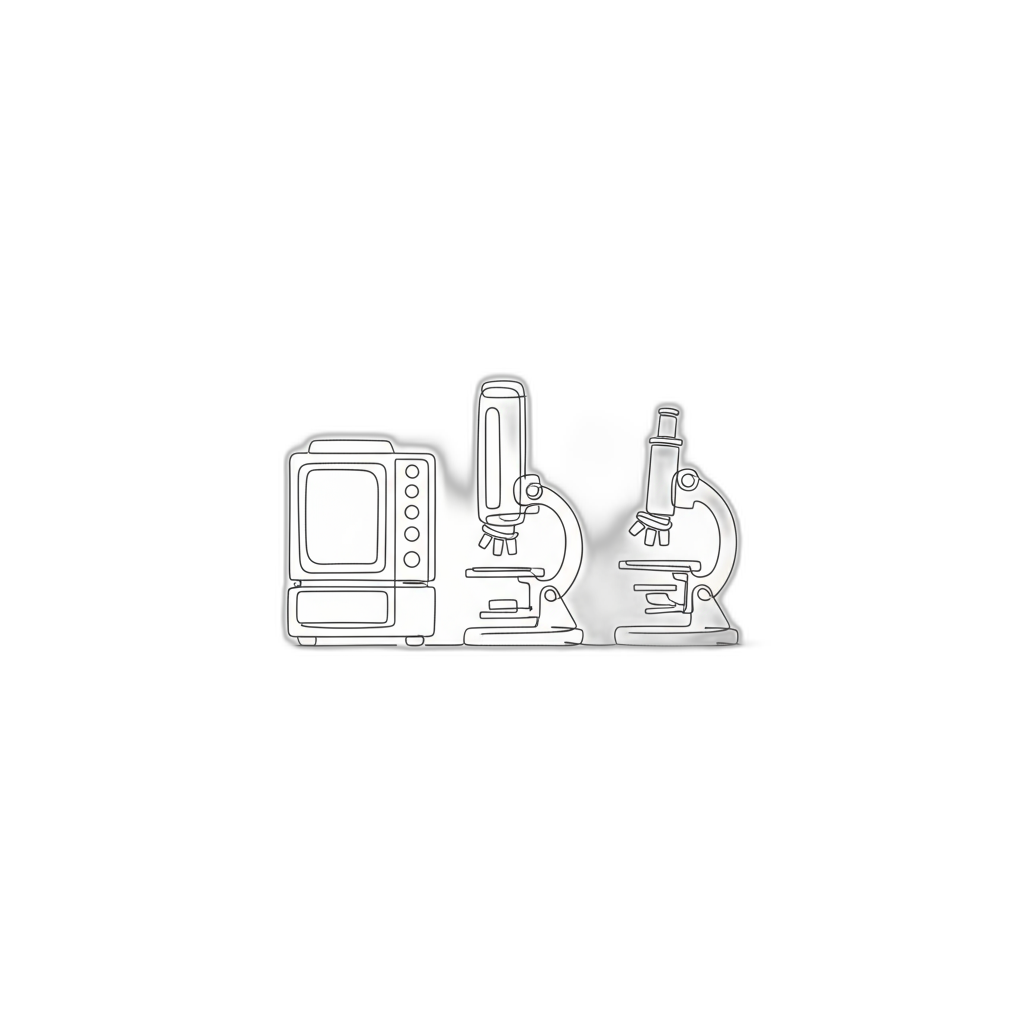

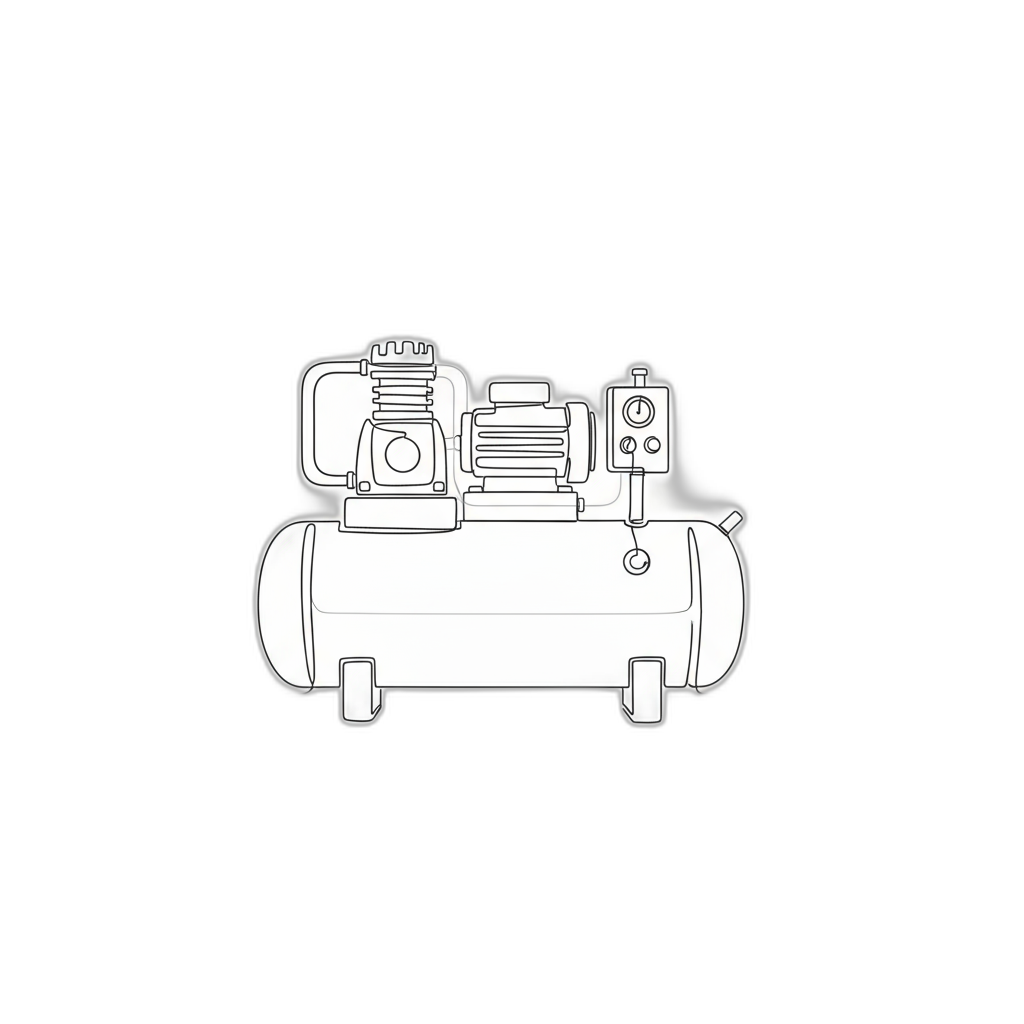
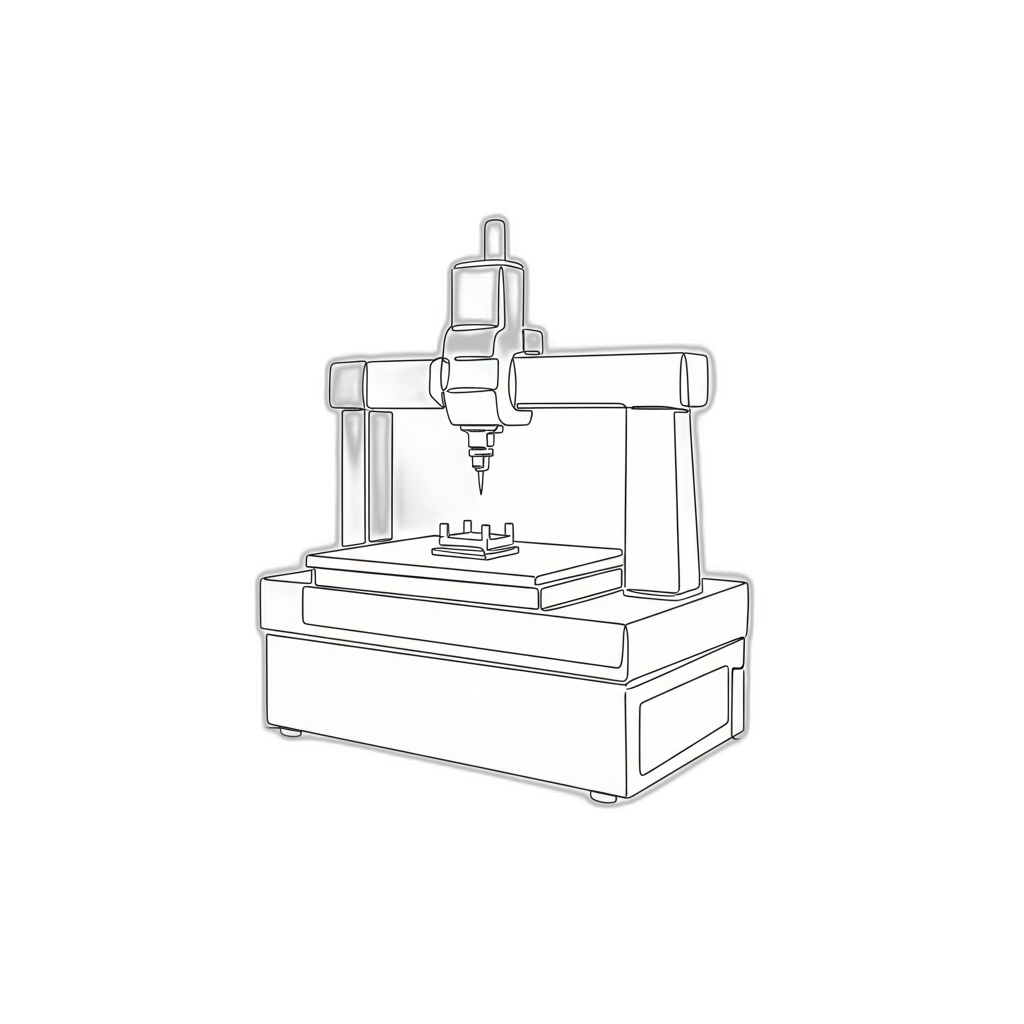
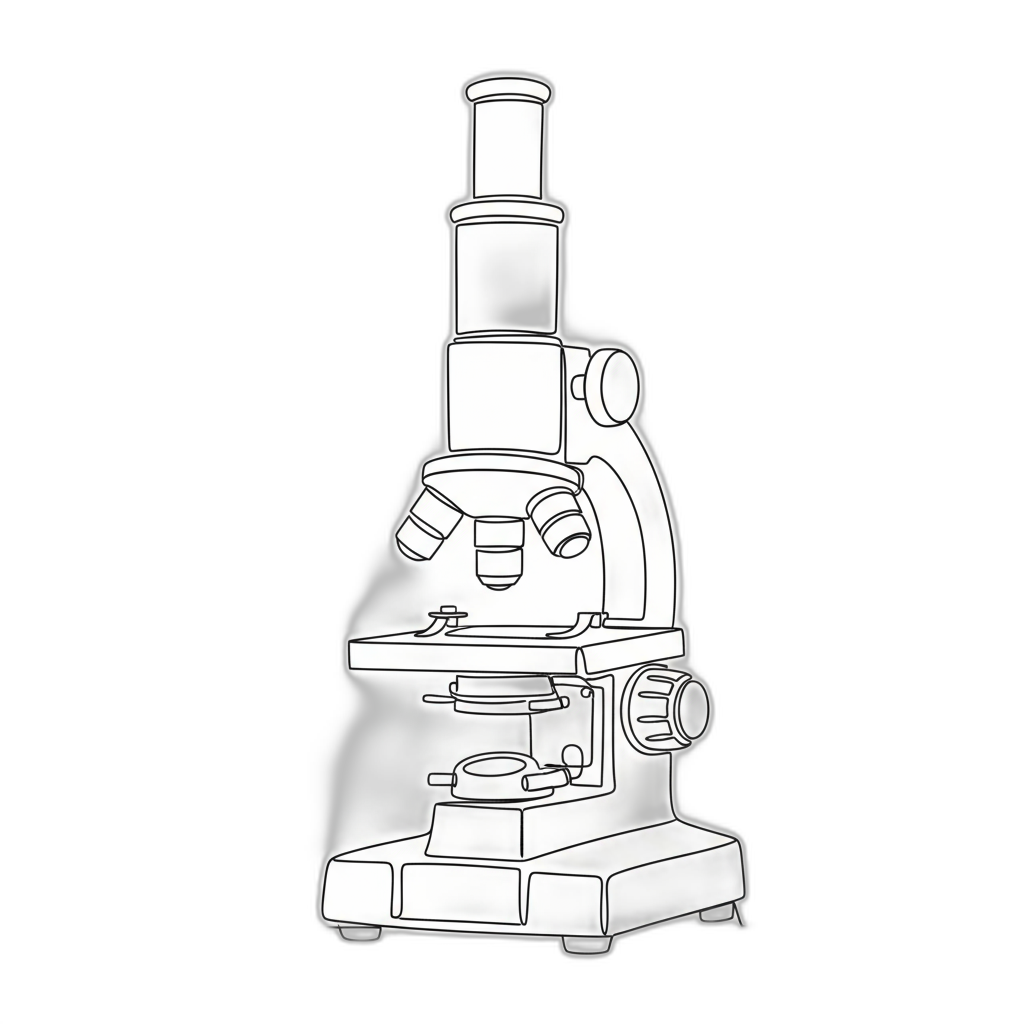
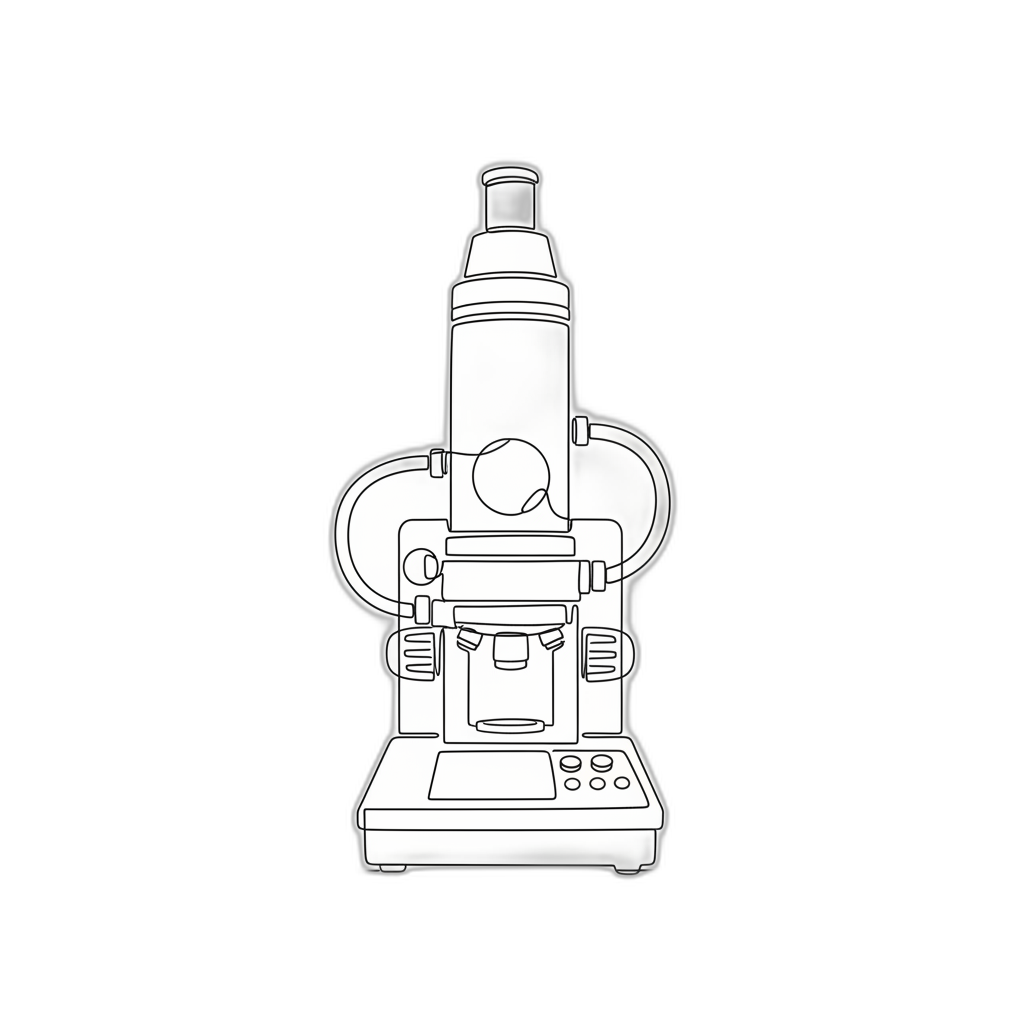
.svg)






